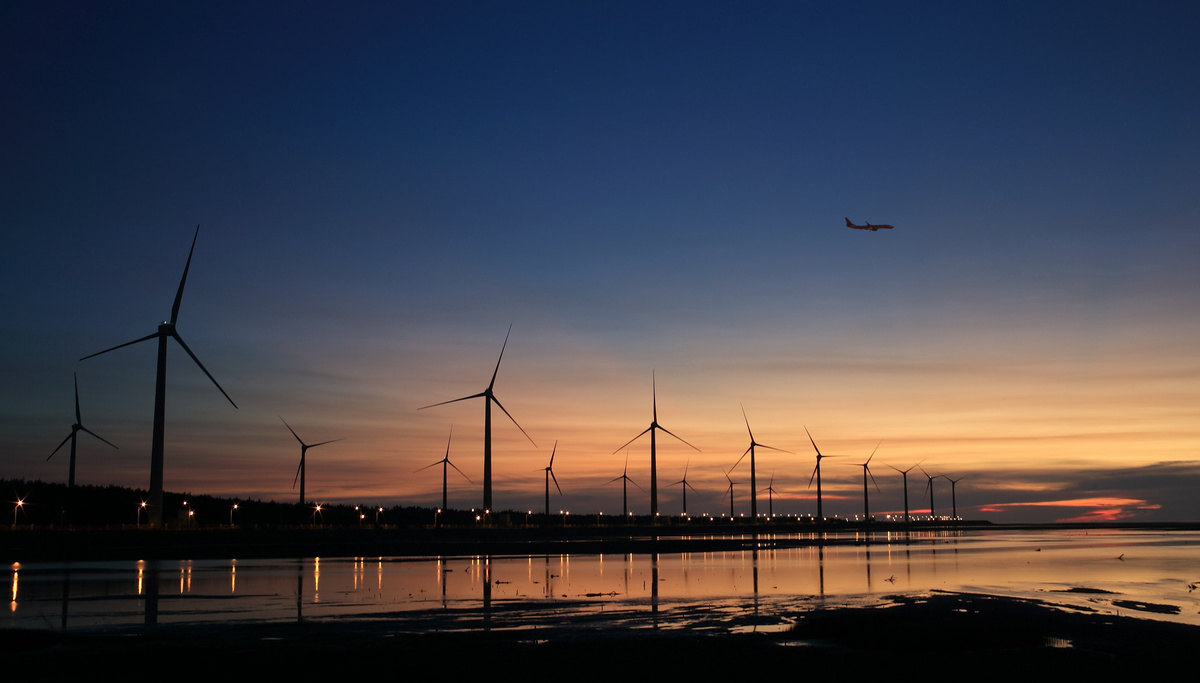
What exactly is the environmental impact of flight disruptions?
With flights becoming ever more accessible and millions of people taking to the skies, the aviation industry has quickly become one of the fastest-growing sources of greenhouse emissions in the world. And while there have been efforts to reduce the environmental impact of aviation, mainly by improving fuel efficiency, there is one facet that is often overlooked: the ecological effects of flight delays and cancellations.
Excess emissions
AirHelp has analyzed the impact of flight disruptions in the US, Europe, and Australia and measured their output of CO2 emissions.
US - Approximately 3 million tons
Europe - 4-5 million tons
Australia - less than 1 million tons
In total, flight disruptions generated 9 million tons of additional CO2 emissions in 2022. That’s 1.3% of the industry’s total CO2 footprint that year.
To put it into perspective, the emissions generated by flight disruptions alone are equivalent to the annual emissions of around 2 million cars, and would require 300-350 million trees, or around 3,000 wind turbines running for a year to offset them.
What’s causing flight delay emissions?
The majority of these flight emissions came from increased congestion at airports, as disruptions often lead to longer taxiing time and longer flights. During flight disruptions, it’s not uncommon to see aircraft idling on runways or circling in the air while they wait to land, often burning excessive amounts of fuel in the process.
Plus, the necessary rescheduling of passengers’ flights generates even more emissions, as airlines are legally obliged to provide additional services such as hotel accommodation, and transportation to and from the airport.
More waste generated
Canceled and delayed flights lead to a significant misuse of resources. Not only do disruptions cause airlines to use up more fuel, but they also end up generating massive amounts of additional waste, mostly related to extra services provided.
AirHelp found that unplanned hotel stays and meals produce up to 90,000 tons of waste per year.
Increased noise pollution
With greater congestion at airports, flight disruptions also contribute to noise pollution, especially in densely populated areas. This is especially problematic in cities such as Sydney, Warsaw, London, Zurich, among others.
Longer flight and taxiing times, especially at night, can cause severe disruptions in the daily lives of residents living near airports. In a study conducted by the European Parliament, prolonged exposure to noise pollution from aircraft led to health issues such as sleep disturbance and stress, which over time can lead to an increased risk of cardiovascular disease and mental health issues.
Passenger stress
Flight delays also have a significant impact on the health of the passengers directly affected. Long waiting-times, camping out on airport benches, and lack of sleep can be physically exhausting, and longer flight times may lead to travel fatigue.
Mental health also takes a hit. Disruptions are incredibly stressful — passengers often find themselves with little to no information and no guidance on what to do next. When the airlines don’t step up, they may even have to provide their own food and accommodation, which can become a significant financial burden. Passengers also have to deal with missed plans, such as lost hotel bookings, event tickets, or even loss of income.
Everyone benefits from reduced flight disruptions
With flight disruptions contributing significantly to the ecological footprint of airplanes, more needs to be done to mitigate its effects. By improving logistics and taking more steps towards ensuring that flights leave on time, airlines can make air travel more sustainable, save on additional expenses, and reduce stress for passengers and communities living near airports. In short? Aviation sustainability benefits everyone.
Did you also know that you can claim compensation for delayed, canceled, or overbooked flights from up to 3 years ago? AirHelp is here to help you check if your flight is eligible — it’s quick, easy, and totally risk-free!
Header image by Flickr from Pexels.
85% of passengers don't know their rights. Don't be one of them.
AirHelp has been featured in:



